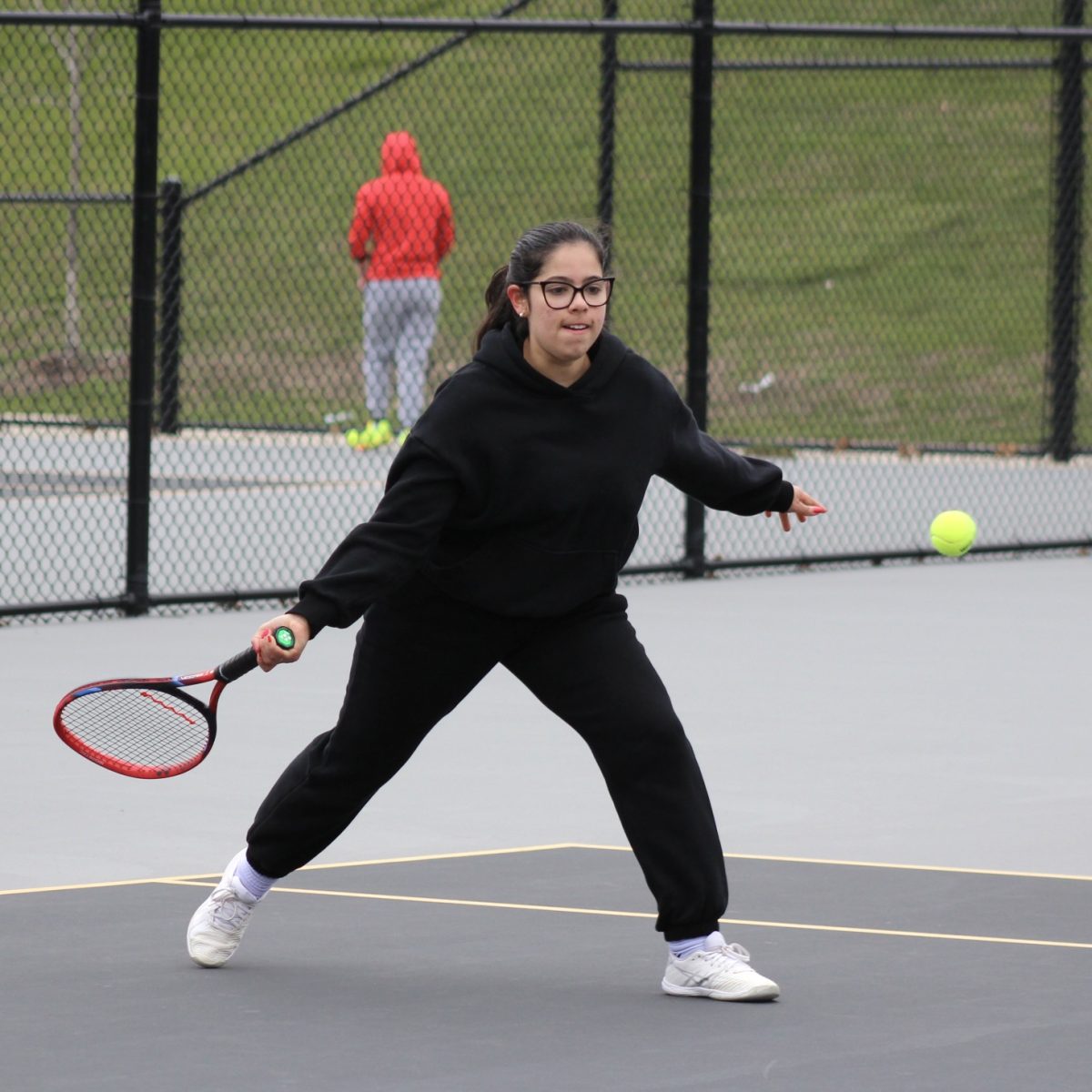Transgender rights.
Debates have no place in the classroom.
December 20, 2018
Certain topics, like how someone identifies, shouldn’t be subject to debate in class. That seems like common sense, right? You’d never debate a person’s race, religion, ethnicity, or any other aspect of their identity. So why is it so common to have these debates about transgender people? Why do teachers think it’s all right to debate the very existence of transgender individuals in a room full of students who could identify as transgender?
Having classes debate the very existence of trans-gender individuals is invalidating people in the class. Whether or not they are openly transgender, there is a high likelihood that one or more students in a classroom identify as transgender. In fact, according to the Williams Institute, roughly 150,000 people (over 100 times the school’s population) between the ages of 13 to 17 identify as transgender. By debating the existence of transgender people, these students are being told that they can’t be who they are without constant criticism from others.
When these debates occur in class, it’s one thing to hear your peers claim you don’t exist as the person you are. It’s a totally different thing to hear a teacher –someone who you’re meant to look up to, to feel safe around– say that you are wrong for living as yourself, for being who you are. Even in a class in which the teacher wants, or even needs, to join into the discussion, which can be very beneficial in some cases, the teacher should remain neutral. If the class is discussing the identity of a specific person or group, for some reason, the teacher should not take a side, neither for nor against, so as to not alienate any students who may share the identity being debated.
As it is, high school classrooms are unnerving places to be. Sure, you probably have friends in your classes, people you feel comfortable partnering up with, but what about everyone else? The people you don’t know, people who always seem to be judging others, maybe even someone you’ve had less-than-friendly relations with before? Right off the bat, sitting in a class with 30 others is unsettling. Sitting in a class with 30 others, and knowing that all or most of them think you’re wrong for how you identify, is downright terrifying. Having to speak out in defense of not only yourself but a whole community of people is a lot to put on someone. And what about what follows? The debate isn’t just a one day issue for transgender teens. The things that the rest of the class said will follow them for days, weeks, maybe even months, banging around in their heads, making them question themselves and even those close to them. Many of them already struggled to come to terms with themselves, and may be put back through those hard times because of others. Because their peers are saying the same hurtful things they told themselves at first, things they worked really hard to get out of their head. Because the people they go to school with ‘think transgenders are wrong’ (which is a grammatically incorrect sentence to begin with) or ‘don’t believe in transgender people,’ as if we’re something of fantasy.
It just comes down to this: students shouldn’t have to argue over their own existence, ever. Especially not with a teacher, not with other kids they may be forced to work with. Nobody should have to listen to someone else say that they are wrong for being who they are.











Karen Shore • Dec 26, 2018 at 8:22 am
Well said, Parker! I’m so glad your classmates who may not be ready to speak up for themselves have someone like you who will.
Wendy Swanson • Dec 23, 2018 at 11:20 am
This was so beautifully written!! Nice job Parker!
Monica Fox Elenbaas • Dec 23, 2018 at 10:54 am
As the former head of communications for a major non-profit organization, I salute your excellent opinion piece. Parker, if you ever need a mentor or networking for future jobs, let me know.
Linda Nix • Dec 23, 2018 at 8:42 am
I wonder what the teachers thought process was? What were they trying to accomplish? What a thoughtful article. No one should have to argue for their existence.